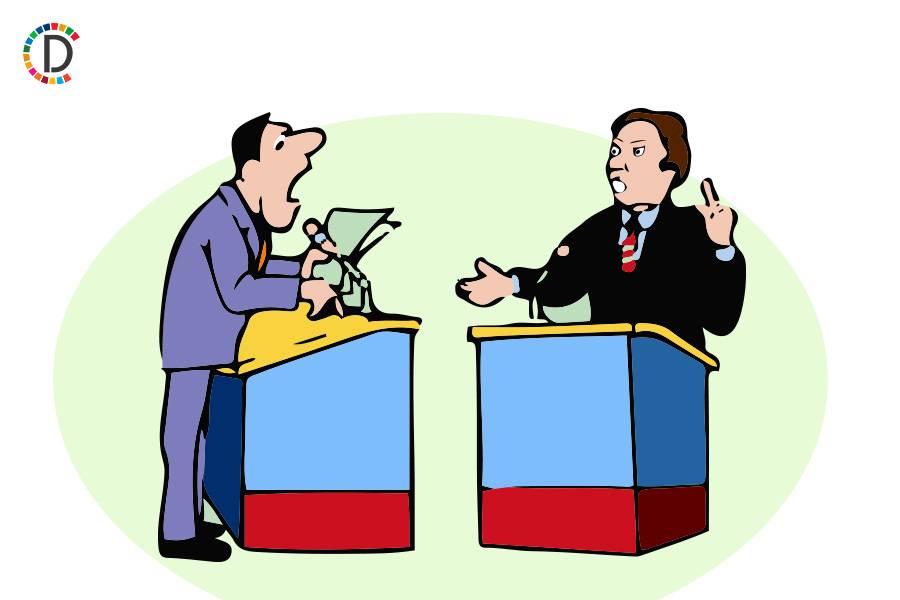Crisis in Korean Democracy: Martial Law Sparks Unrest
South Korean President Yoon Suk Yeol's martial law declaration has triggered protests and a political crisis. Lawmakers rejected the move, considering it an illegal coup. The situation has sparked widespread concern both domestically and internationally, with fears it may destabilize the nation's democratic fabric.

In an unprecedented move, South Korean President Yoon Suk Yeol declared martial law on Tuesday evening, igniting widespread protests and forcing a serious reevaluation of the country's democratic principles. Lawmakers staunchly opposed the decree, labeling it as an illegal act and a direct assault on the nation's constitution.
The controversial declaration led to immediate clashes, as helmeted troops tried to impose martial law at the National Assembly, only to be pushed back by parliamentary aides using fire extinguishers. Yoon's decision seemed to target domestic political opponents rather than external threats, sparking allegations of a coup d'état from the Democratic Party.
The move has garnered international attention, with the U.S. expressing grave concern and pledging support for South Korea. Economic repercussions were immediate, as the Korean won plummeted against the U.S. dollar, prompting emergency meetings among top economic officials.
(With inputs from agencies.)
ALSO READ
US Stands Firm: No Support for Violent Crackdowns in Bangladesh Protests
DTC Protests Escalate Amid Political Shake-Up: Workers Demand 'Equal Pay-Equal Work'
Delhi BJP protests against AAP govt, distributes masks amid pollution crisis
British Farmers Unite: Tax Hike Spurs Protests in Parliament
Protests Erupt in Tbilisi Over Controversial Election Results










